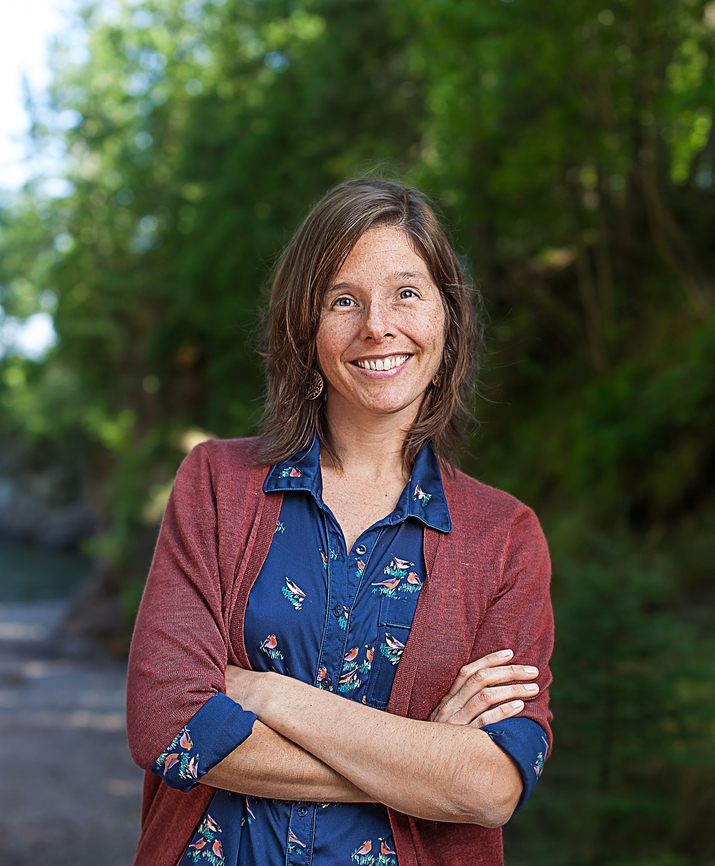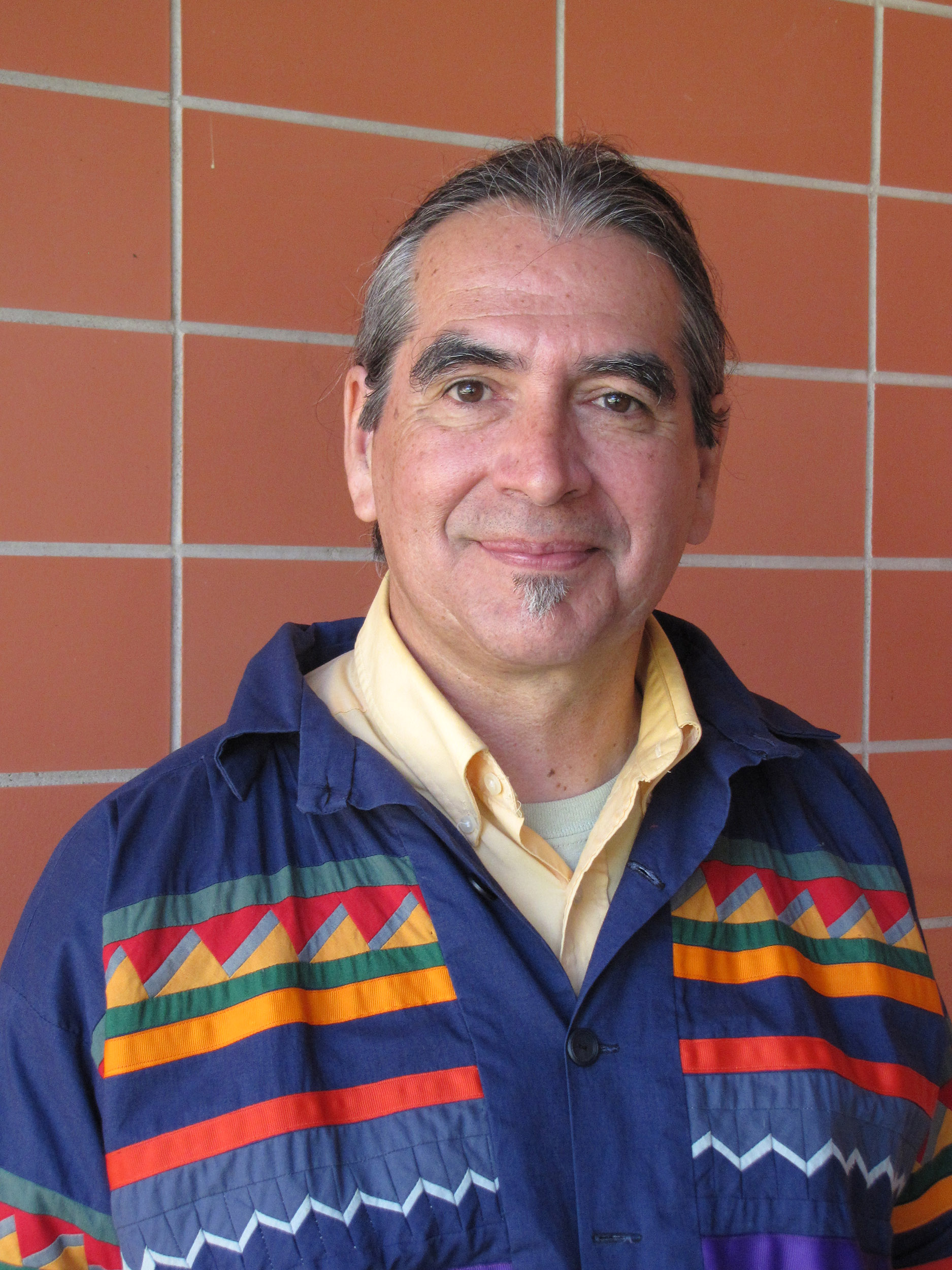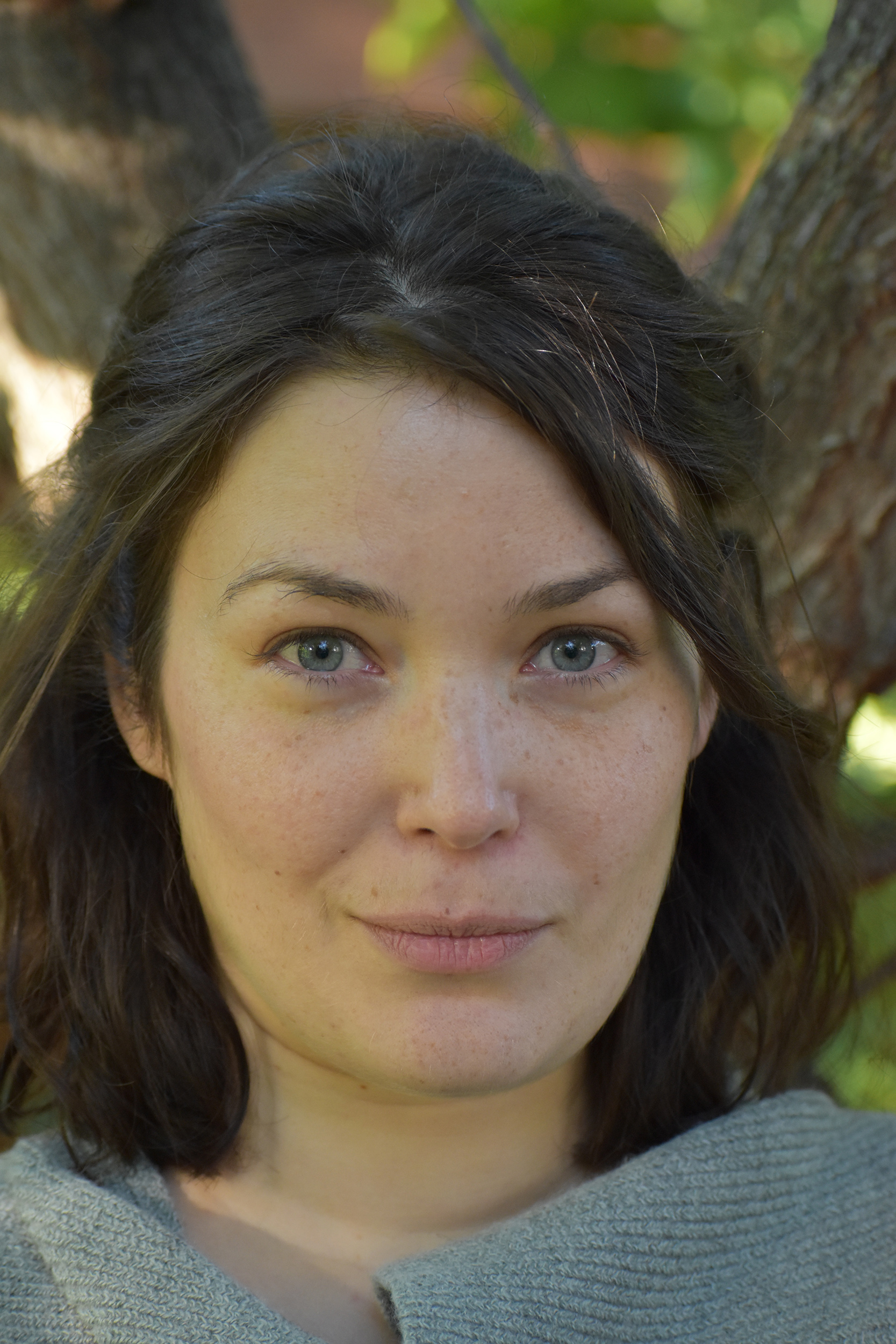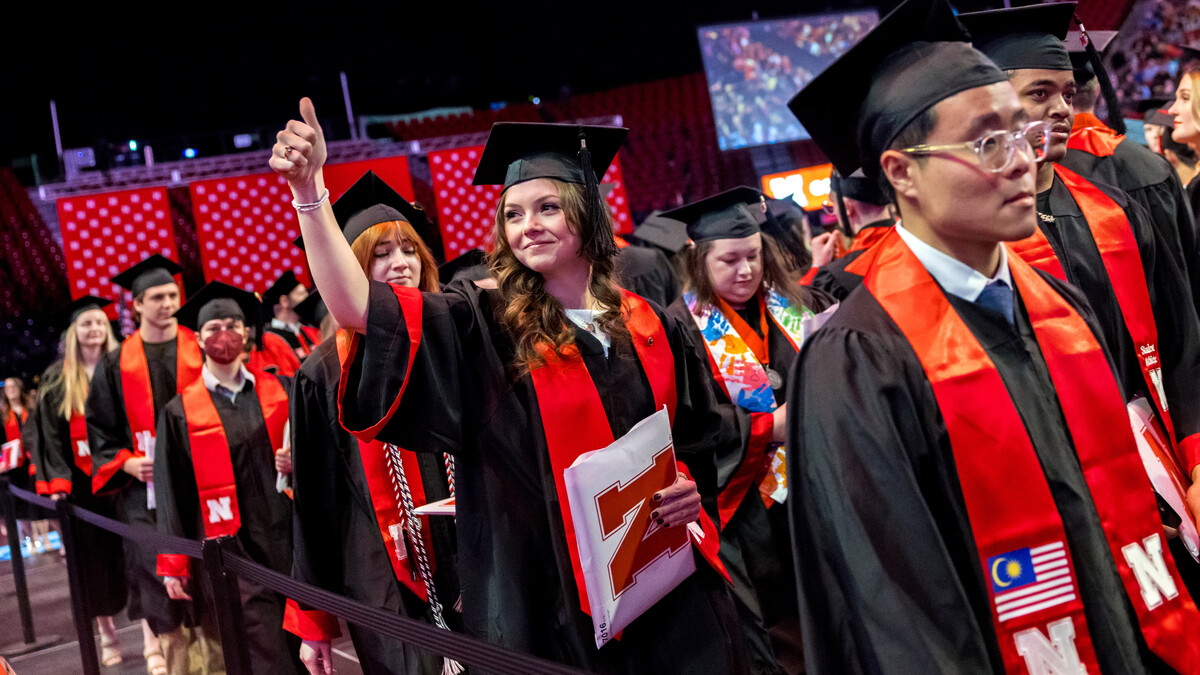
The Center for Great Plains studies is hosting its 46th Great Plains conference, a virtual edition titled “Climate Change and Culture in the Great Plains,” from April 1-2.

The conference focuses on how people learn about, view, discuss and make decisions about climate change. Although questions remain about the speed, complexity and consequences of climate change, scientific organizations around the world have agreed that humans are driving it. The question is: Why haven’t everyday people? In 1990, the center hosted a conference called “Climate Change on the Great Plains,” described as “looking back from the 21st century at impacts of climate change on the Great Plains.” The center returns to that topic three decades later.

Keynote speaker Andrew Hoffman is professor of sustainable enterprise at the University of Michigan and author of “How Culture Shapes the Climate Change Debate.” Other featured speakers include Jessica Thompson, professor at Northern Michigan University and a founder of the Northern Climate Network; Daniel Wildcat, co-director of the Haskell Environmental Research Studies Center at Haskell Indian Nations University and author of “Red Alert! Saving the Planet with Indigenous Knowledge”; and Ursula Kreitmair, assistant professor of political science at the University of Nebraska–Lincoln.

Questions to be explored during the conference include:
- How did climate change become such a divisive issue?
- How does culture — the beliefs, values, social practices, language and attitudes by which we organize daily life — affect our understanding of climate change and limit or advance our possibilities for addressing it?
- Why have some tried to delegitimize climate science?
- How can literature, history, politics, economics, psychology, language and other social science and humanities disciplines bring new and constructive ways of communicating?
- How can we move beyond the cultural impasse over climate change?

Agriculture is the region’s largest industry and is tightly connected to the climate, with both short-term weather patterns and longer-term climate conditions affecting daily decisions. Farmers and ranchers are, in a sense, first responders to the consequences of climate change already occurring. Indigenous communities are also disproportionately vulnerable to these changes. The Great Plains, long a region of weather extremes, will likely experience massive environmental impacts from future climate change with significant societal implications.
The Zoom event is free, but registration is required. For the schedule, registration and a full speaker list, click here or email cgps@unl.edu.
The conference is supported by the Cooper Foundation, Humanities Nebraska, the University of Nebraska at Kearney and the following entities at the University of Nebraska–Lincoln: the College of Arts and Sciences, Office of the Chancellor, Institute of Agriculture and Natural Resources, and Faculty Senate Convocations Committee.











